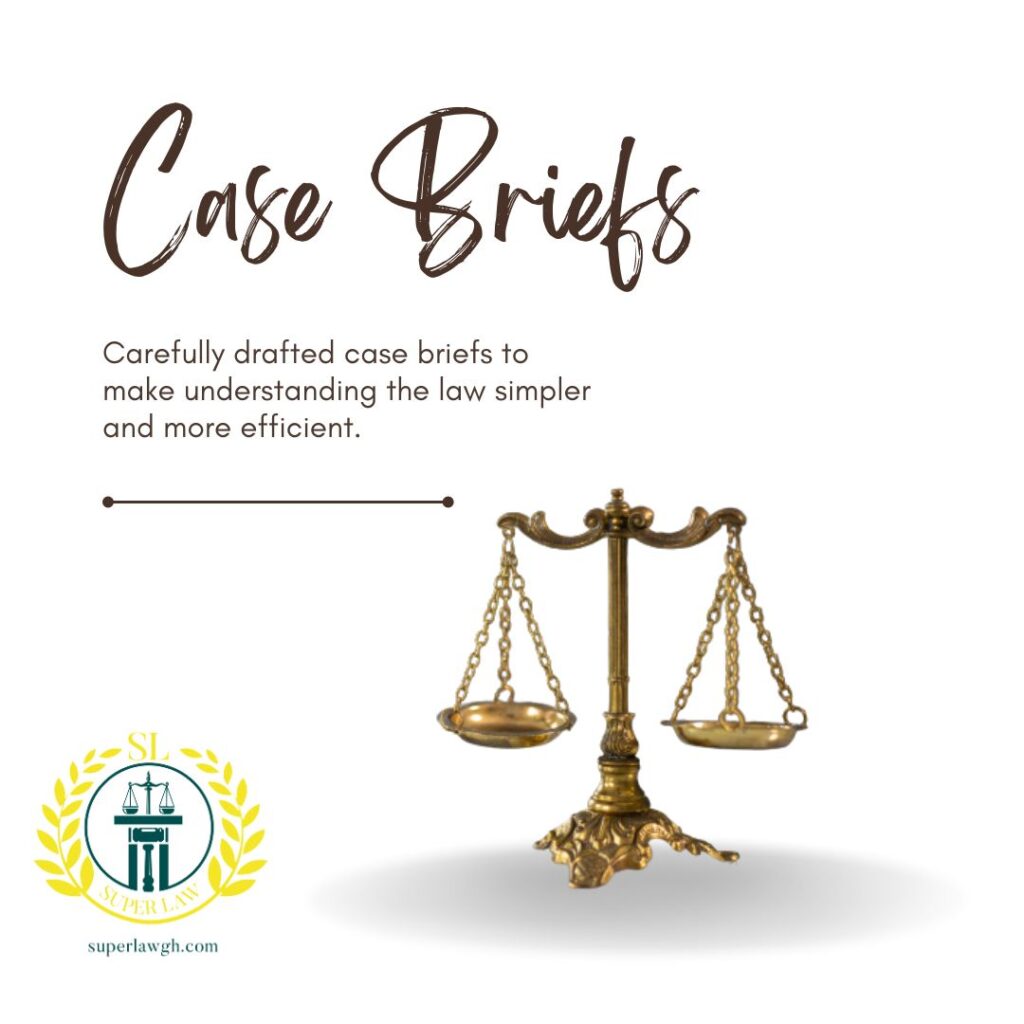
A Jehovah’s Witness has taken the country of Spain to the European Court of Human Rights for administering her a blood transfusion during surgery against her will.
Rosa Edelmira Pindo Mulla, an Ecuadorian woman living in Spain, claims to be a victim of “medical paternalism”, due to her nationality and religion. In 2017, following a series of medical examinations, the 53-year-old woman was advised to undergo surgery.
In 2018, before the procedure, Pindo Mulla was presented with three documents to fill out – an advance directive, a long-term power of attorney, and an informed consent form.
She claims to have specifically mentioned in all three that she was a Jehovah’s Witness and that she refused to receive any kind of blood transfusion (blood, red blood cells, white blood cells, platelets or plasma), even at the cost of her own life. After suffering a life-threatening haemorrhage during surgery, she received a blood transfusion, and she has been seeking justice ever since.
In March 2020, Rosa Edelmira Pindo Mulla filed an application with the European Court of Human Rights (ECHR), which rules on violations of the European Convention on Human Rights in the 46 countries that ratified it.
She had previously sought justice in a Madrid court of law, and at the Spanish Constitutional Court, but her case was dismissed by both.
The Spanish government was notified about the controversial case in March of 2021, and in the summer of last year, the Chamber to which the case had been allocated relinquished jurisdiction in favor of the Grand Chamber. This sort of thing occurs due to a lack of jurisprudence or when the matter deserves a more in-depth examination.
The case has been making news headlines and sparking controversy for years, due to its complicated nature and ethical concerns. Some believe that the woman’s attitude towards the people who saved her life, even against her will, is wrong, while others claim that any person’s wishes, no matter how extreme, should be respected as long as they don’t affect other people.
To further complicate things, the record of the events that occurred in June of 2018 is not quite clear. For example, the woman claims to have specifically made it clear both in writing and while talking to the hospital staff that she was firmly against blood transfusions due to religious reasons, even at the cost of her life. However, following the operation, she was transferred to a hospital in Madrid, due to complications that involved haemorrhaging. She claims to have told the new doctor about her wishes regarding blood transfusions, but they did not respect them.
On the other hand, the hospital claims that, considering Rosa Edelmira Pindo Mulla’s situation at the time, the anaesthesiologist contacted the judge on duty for guidance, and they authorized any medical or surgical intervention necessary to save the patient’s life. The problem is that Rosa had given her consent for any medical intervention, except blood transfusion.
“The situation demanded a very rapid response,” insisted Nicolas Martínez, representative of the Spanish government, but Rosa’s lawyers claimed that she was a victim.
“A South American immigrant who speaks Spanish with an accent, and a member of the Jehovah’s Witnesses, who are often the subject of prejudice and stereotypes, Pindo Mulla was an easy target for this medical paternalism,” the woman’s lawyers said, adding that all she wanted was “to be treated in accordance with her conscience”.
The Grand Chamber of the European Court of Human Rights is currently deliberating, and a decision is expected in several months.

